OMEGA - Gammapolis

In the heart of the Cold War era, Hungarian rock band Omega released "Gammapolis," a groundbreaking progressive rock album that defied both musical and political boundaries.
Gammapolis 12" Vinyl LPOMEGA - Hall of Floaters in the Sky (BACILLUS Versions)
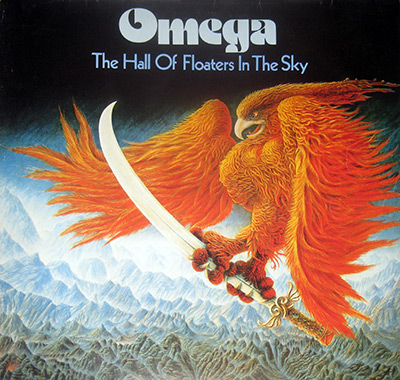
Released in 1975, Hungarian rock band Omega's "The Hall of Floaters in the Sky" became a significant landmark in their career and a testament to their ability to navigate the complexities of creating rock music within a communist state.
- Hall of Floaters in the Sky (BAC 2935) - Hall of Floaters in the Sky (BLPS 19220)OMEGA - III Quadro
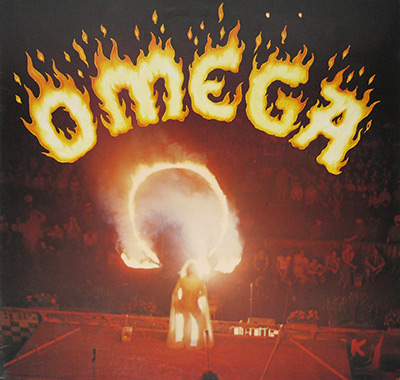
In the heart of the progressive rock era, a groundbreaking album emerged that pushed the boundaries of both musical exploration and audio technology. Released in 1973, Omega's third album, simply titled "Omega III," was a sonic journey that embraced the then-novel concept of quadrophonic sound.
III Quadro 12" Vinyl LPOMEGA - S/T Self-Titled

Released in 1973, Omega's self-titled debut album stands as a landmark in Hungarian rock history. Emerging during a time of political and cultural upheaval, the album not only pushed musical boundaries but also reflected the spirit of a generation seeking freedom of expression.
OMEGA - Self-Titled 12" Vinyl LPOMEGA - On Tour

Released in 1977, Omega's "On Tour" album stands as a unique entry in their discography. Despite its title, the album does not contain any live recordings. Instead, it's a compilation of studio tracks, some previously unreleased, capturing the band's progressive rock sound during a pivotal period
On Tour 12" Vinyl LPOMEGA - Skyrover
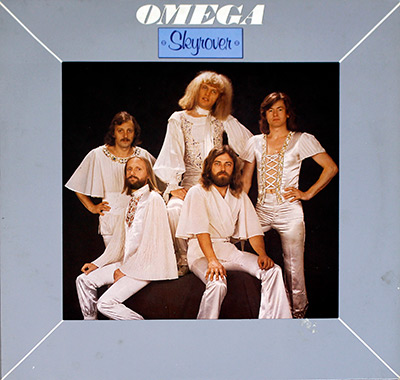
Released in 1978 under the title "Csillagok útján" (On the Way of Stars) in Hungary and later as "Skyrover" internationally, this album marked a significant shift in Omega's musical direction. While still rooted in progressive rock, the album embraced a more cosmic and space-themed sound
Skyrover 12" Vinyl LPOMEGA - Time Robber

Released in 1976, Omega's "Time Robber" (or "Időrabló" in Hungarian) marks a significant juncture in the band's evolution. The album's distinct sides showcase the band's versatility, blending symphonic rock with psychedelic influences, and drawing comparisons to early Pink Floyd.
Time Robber 12" Vinyl LPOMEGA - Working
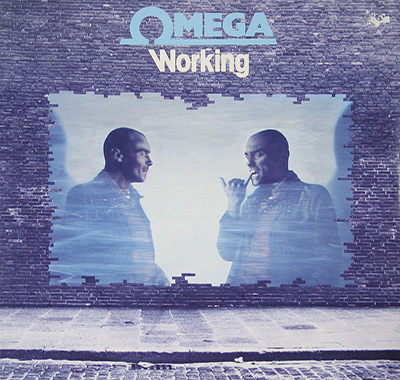
Released in 1981, Omega's "Working" album marked a significant departure from their earlier progressive rock sound. Embracing the burgeoning new wave movement, the album showcased a streamlined, synth-driven sound with a focus on catchy melodies and danceable rhythms.
Working 12" Vinyl LPOMEGA - XI
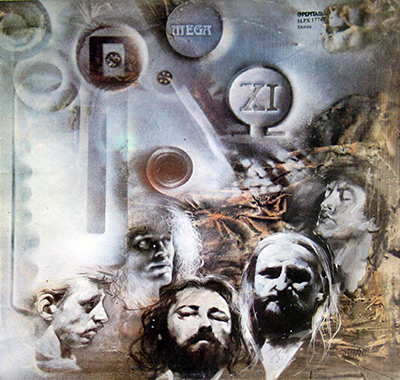
By the early 1980s, the new wave craze was beginning to wane, and many bands were returning to their original genres. Omega, having explored the new wave landscape, felt a renewed sense of purpose in their established progressive rock style. "XI" was a statement album, a reaffirmation of their identity
XI 12" Vinyl LP